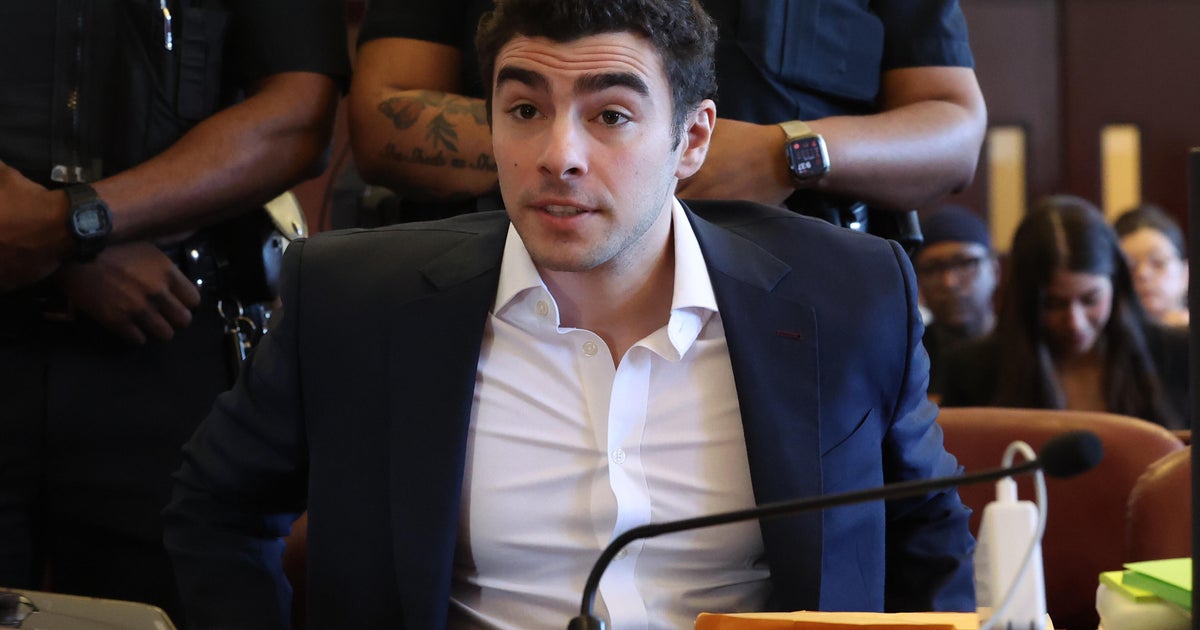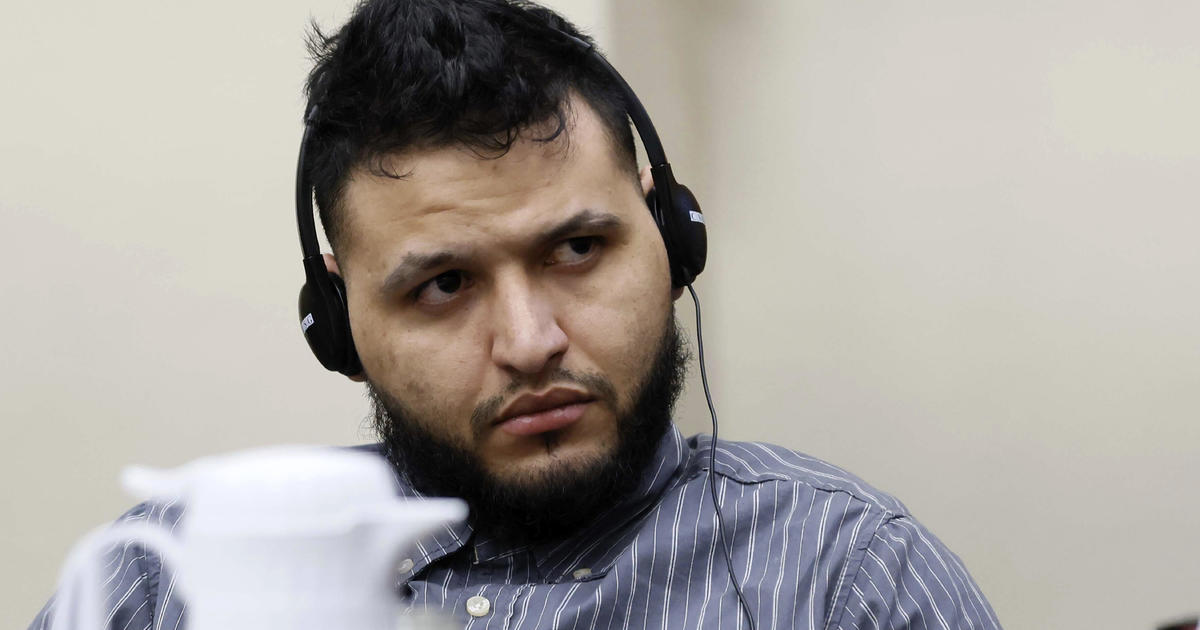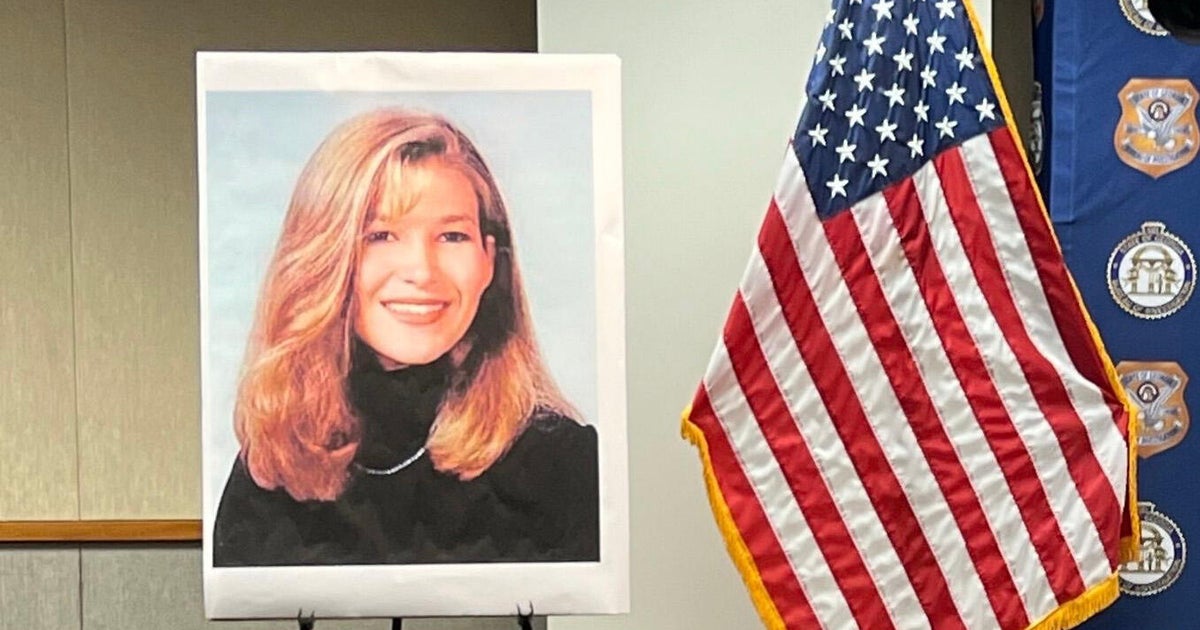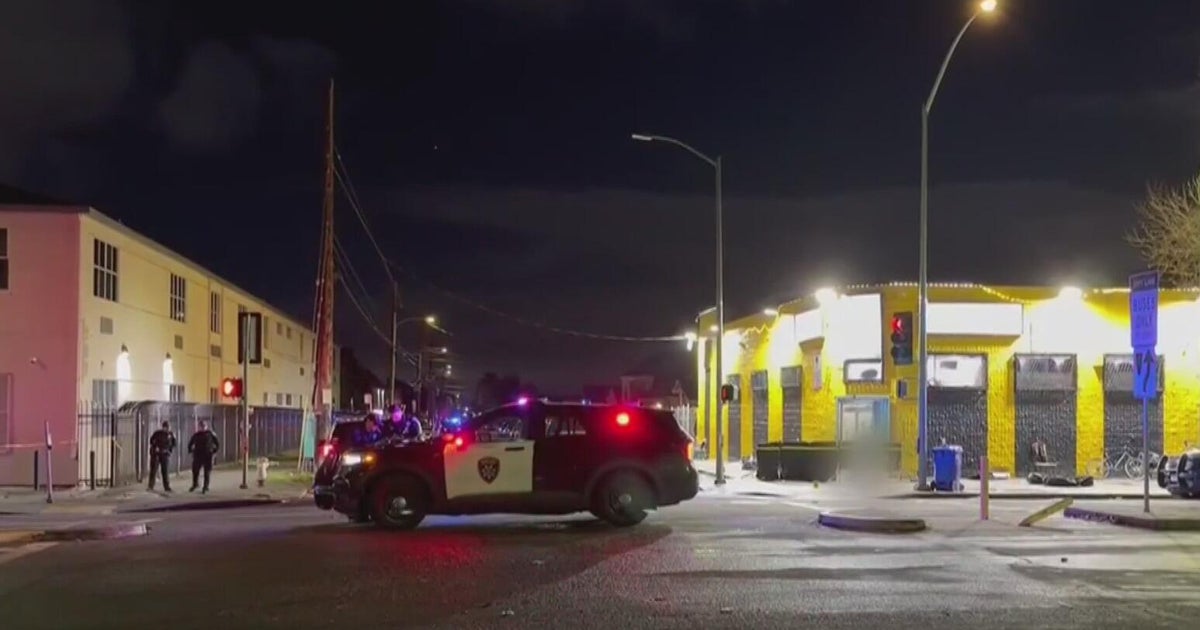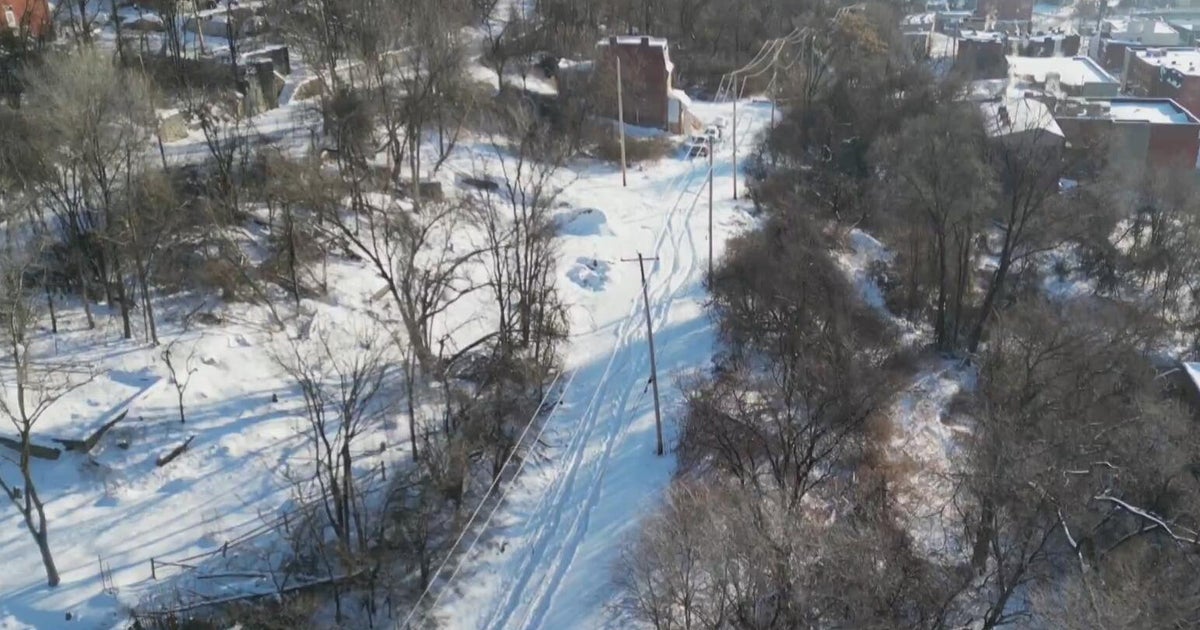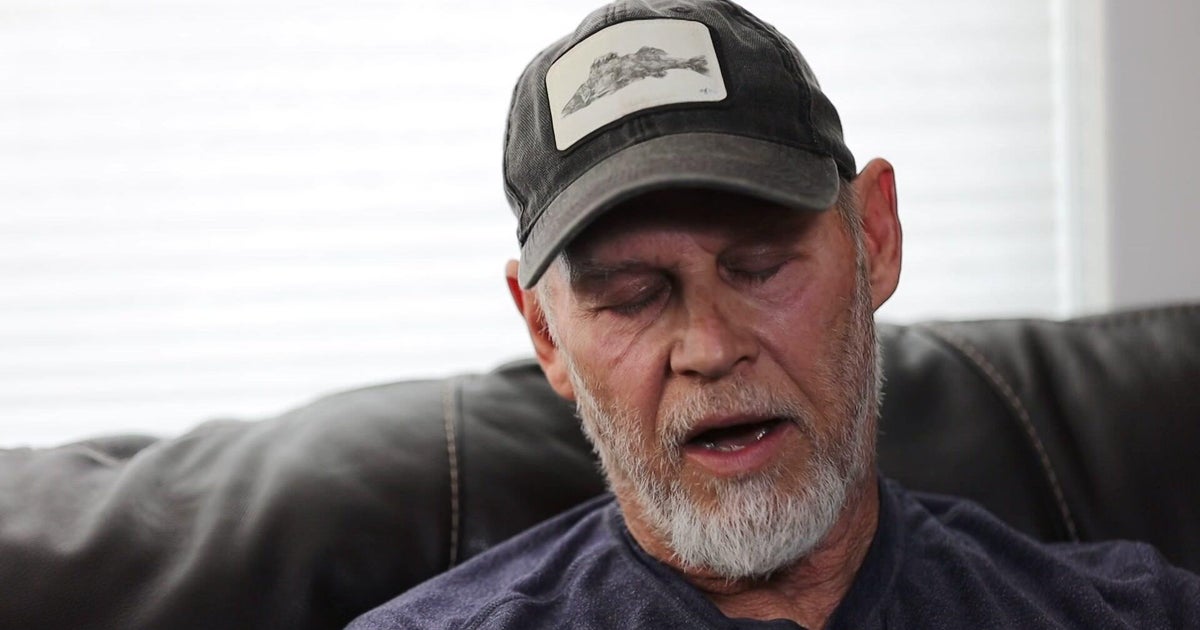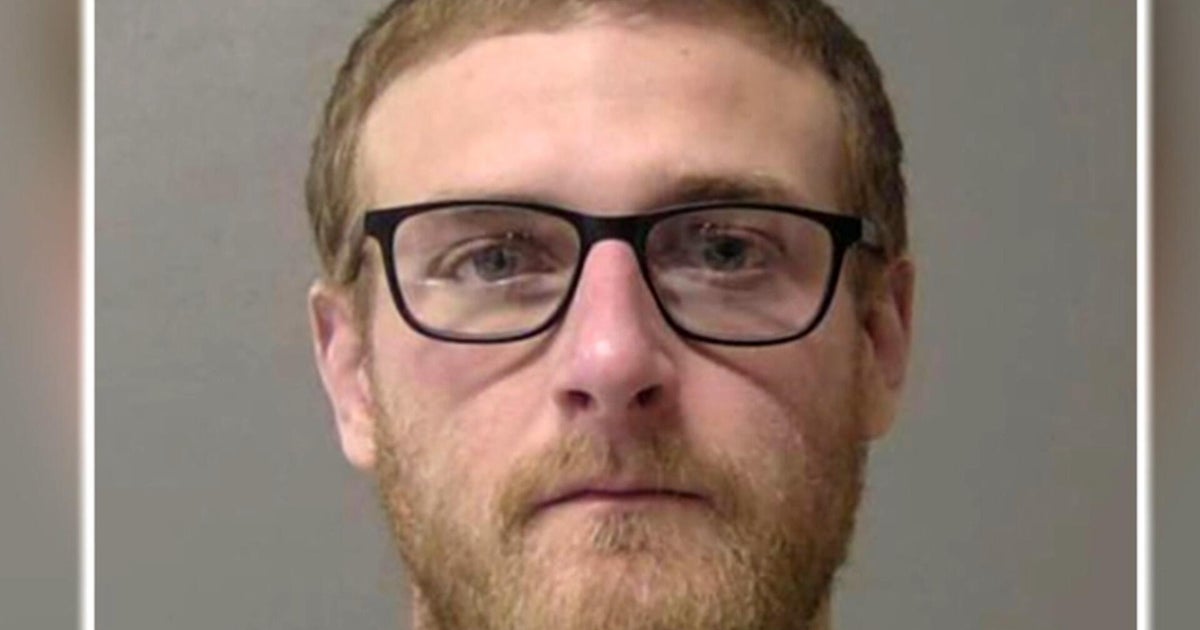Pittsburgh synagogue shooting trial: After 2 weeks, court still establishing pool of eligible jurors
PITTSBURGH (KDKA) — As jury selection for the Pittsburgh synagogue shooting enters its third week, the court has interviewed more than 100 potential jurors, and there's no end in sight.
The selection of a jury is critical to both the prosecution and the defense — not so much as to whether they find the gunman guilty of killing 11 people at the synagogue. That is pretty much a foregone conclusion. The question is whether or not he will face the death penalty.
All jurors must be so-called death qualified, meaning they must be able to at least consider the imposition of the death penalty. This is why this selection process will be going into overtime.
After two weeks, the court is still in the first phase of jury selection, which is establishing a pool of eligible jurors.
Of the 1,500 potential jurors who filed out questionnaires, the court has so far interviewed about 150 but has designated only 43 as eligible. It has said it would need a pool of close to 70 eligible jurors to begin the final selection of a jury of 12 with alternates. That second phase is likely to take another week.
"A defense in a case like this is going to need a juror who will be able to keep an open mind," law professor Bruce Antkowiak said.
The court twice rejected defense attorney Judy Clarke's offer to accept life imprisonment for Robert Bowers in exchange for the death penalty to be taken off the table, and the government has refused. She is looking for jurors who would be least likely to approve the death penalty, while the defense is looking for jurors who would impose the ultimate punishment.
"That has to be a heavy burden for a person," Antkowiak said. "And an individual would have to have a certain degree of inner capacity, inner strength if you will, that they would be able if they made this judgment to actually impose that penalty on another person. And I think that is the kind of individual the government would be looking for."
In court documents, the defense indicated it would be presenting evidence Bowers had a troubled past and was both schizophrenic and epileptic. But one prospective juror said that would not figure in her deliberations.
"I don't want to hear about excuses from childhood. It is what it is. Sometimes you have to rise above it. That's the way I was with my kids. You can't you use your childhood as an excuse. Anyone who commits a murder has a mental illness to begin with."
This process was supposed to be completed by the end of this week, but the judge told one prospective juror it may take another two weeks.
